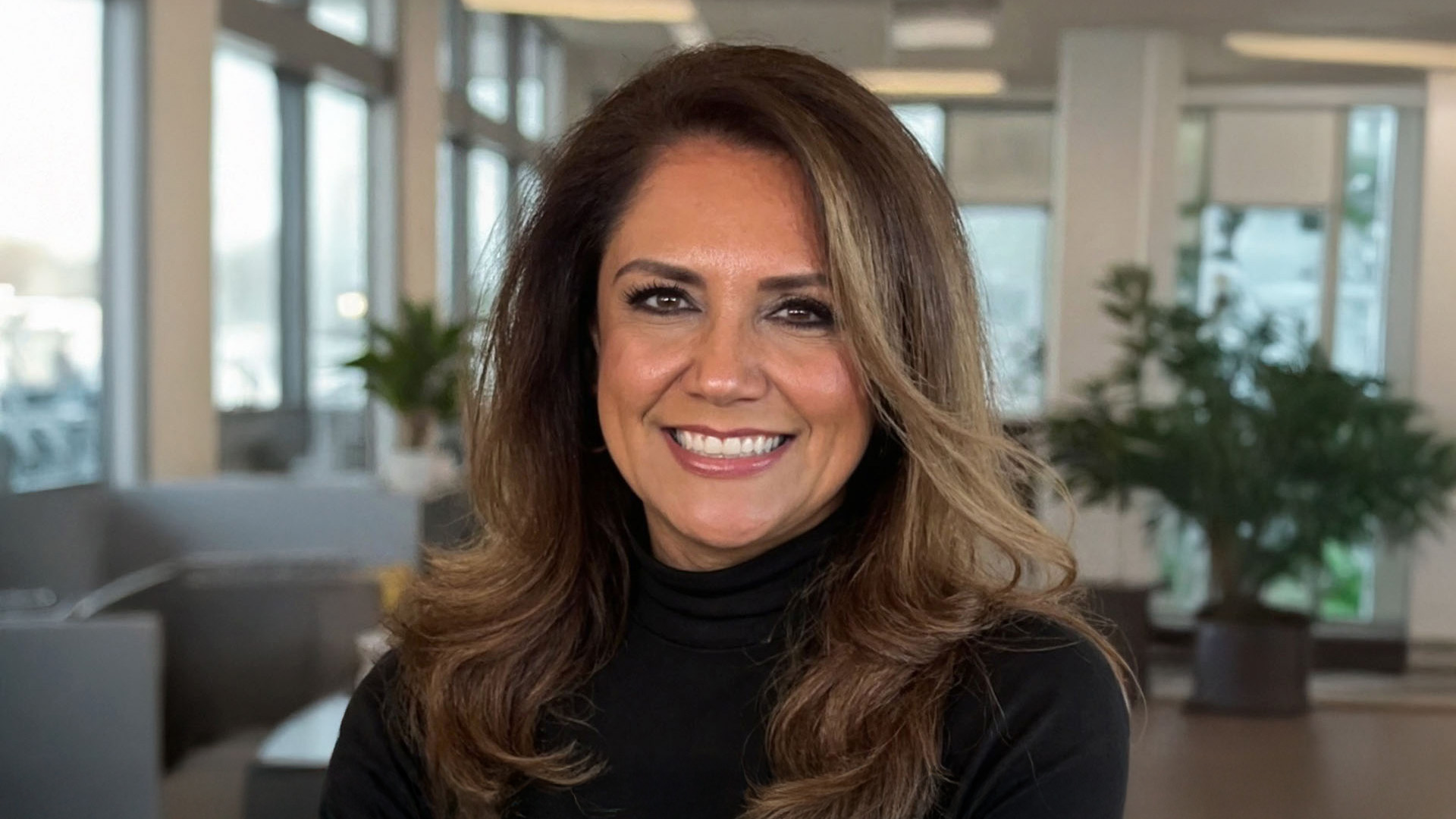The cleaning industry sits at a crossroads. Traditional service models that relied on long-term contracts and brick-and-mortar operations are giving way to something completely different. Technology platforms are changing how customers book services, how professionals find work, and how businesses scale. Bita Safari, founder and CEO of GiGO Clean Technology, believes this shift represents the future of professional cleaning services.
Why On-Demand Platforms Are Taking Over
Bita runs GiGO Clean, which offers on-demand cleaning services across Southern California. She’s not shy about where she thinks things are headed. “Much like Uber revolutionized transportation and Airbnb reshaped hospitality, on-demand cleaning platforms are redefining how customers access professional cleaning services,” she says. It’s a bold comparison, but the patterns are hard to ignore. People got used to booking rides and rooms with a few taps. Why should cleaning be any different?
Prioritizing Speed and Convenience
The old way of booking cleaning services feels broken in the present day. Nobody wants to play phone tag or wait around for callbacks anymore. “Today, customers want convenience, speed, and transparency,” Bita explains. The solution is pretty straightforward. “On-demand platforms allow users to book cleaning services in real time, choose from vetted professionals, and receive service when and where they need it, all from their phone.” Once people experience this kind of control, going back to the old system feels like using a flip phone.
Empowering Cleaning Professionals
This isn’t just about making customers happy. The people doing the actual cleaning are finding better opportunities through these platforms. “For cleaning professionals, on-demand platforms open new revenue streams and reduce downtime rather than relying solely on long-term contracts,” Bita points out. Instead of being stuck with whatever work their agency gives them, “cleaners can accept jobs as they become available, optimize scheduling, and build a profile of satisfied clients.” More flexibility usually means more money and happier workers.
Using Data to Improve Services
Traditional cleaning companies operate in the dark. They book jobs and hope everything works out. Platform businesses collect information that helps everyone involved make better decisions. “On-demand platforms collect valuable data that traditional agencies simply cannot,” Bita notes. “This includes customers’ preferences, service frequencies, peak demand times, and more, allowing providers to continuously improve and personalize services.” When you know what customers actually want, you can give it to them.
Scaling Without Physical Expansion
Opening new locations used to mean finding office space, hiring managers, and dealing with local regulations. Platform businesses skip most of that mess. “On-demand platforms offer scalability without the overhead of traditional brick-and-mortar operations,” Bita explains. “As market demands evolve, platforms can expand into new regions, offer additional services, and onboard professionals quickly and efficiently.” Growth becomes a software problem instead of a real estate problem.
Attracting and Retaining Reliable Staff
Finding reliable cleaning staff has always been tough. Platform models make it easier to handle the ups and downs. “With workforce flexibility built in, these platforms can better respond to fluctuations in supply and demand,” Bita says. They also “attract a new generation of independent contractors who prefer the autonomy of gig-based work.” When people can choose their own schedules and clients, they tend to stick around longer.
Customizing for Eco-Conscious Customers
Customers care about more than just having a clean house. Environmental concerns matter more than they used to. “Today’s customers are more environmentally conscious than ever,” Bita observes. “On-demand platforms can tailor offerings like green cleaning or allergen-free products to specific customer needs, delivering both value and responsibility.” Traditional companies struggle to customize services because their systems weren’t built for it.
Bita’s confidence in this shift isn’t just theoretical. GiGO Clean serves customers across Southern California using exactly the kind of platform she describes. The cleaning industry is changing whether traditional companies like it or not. The question isn’t whether platforms will take over, but how quickly it’ll happen.
Follow Bita Safari on LinkedIn to stay updated on how tech is reshaping the cleaning industry.






